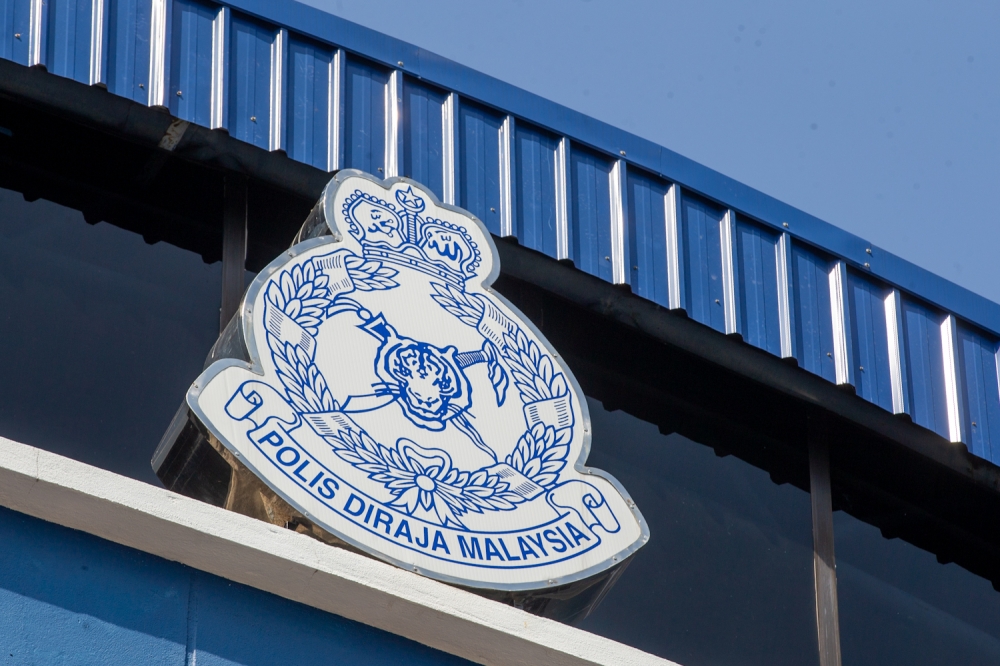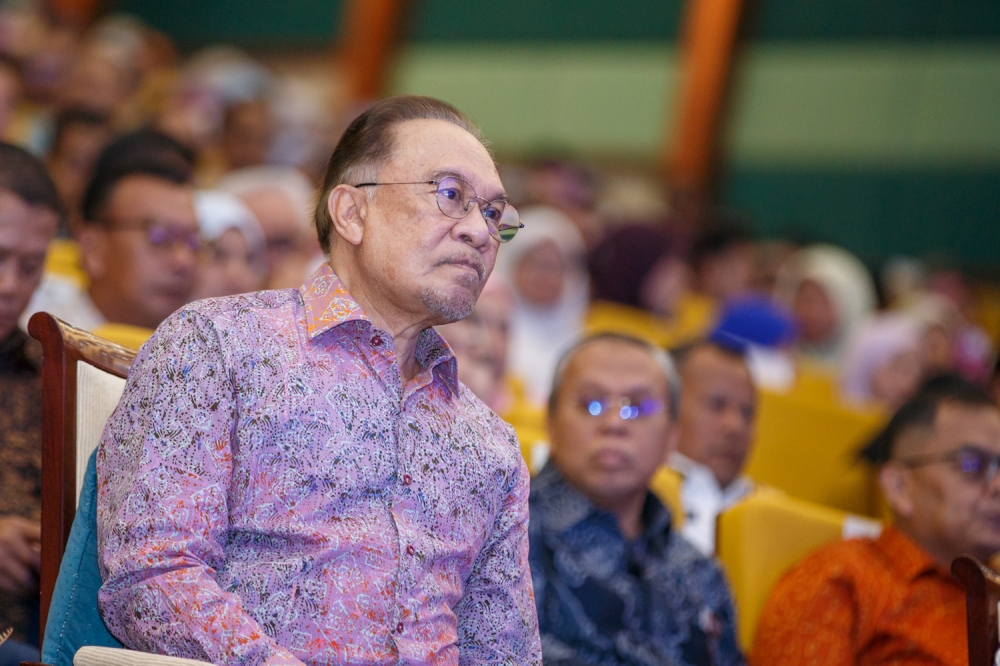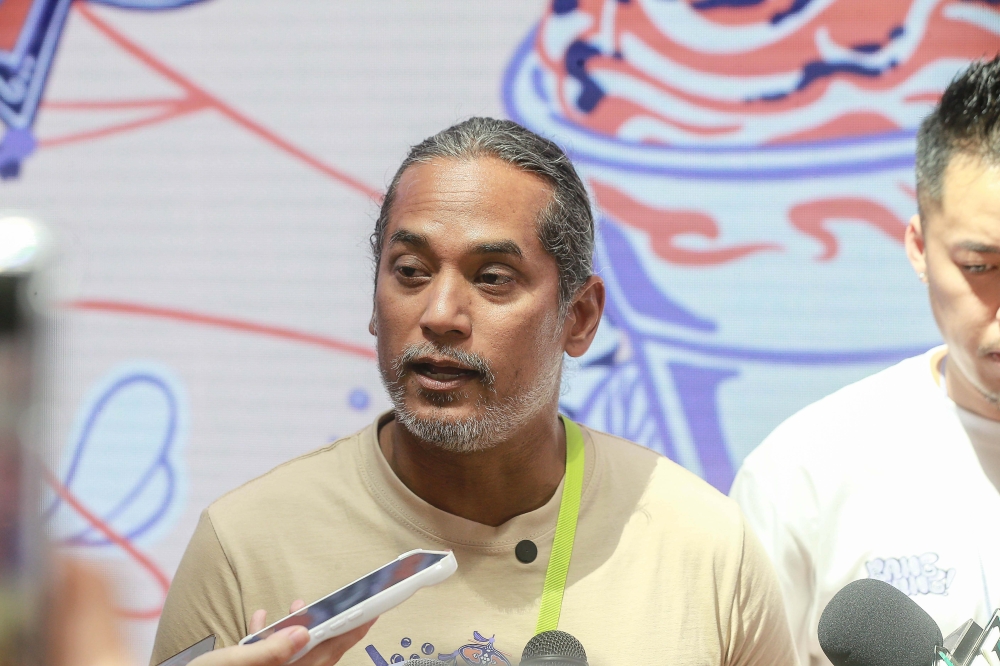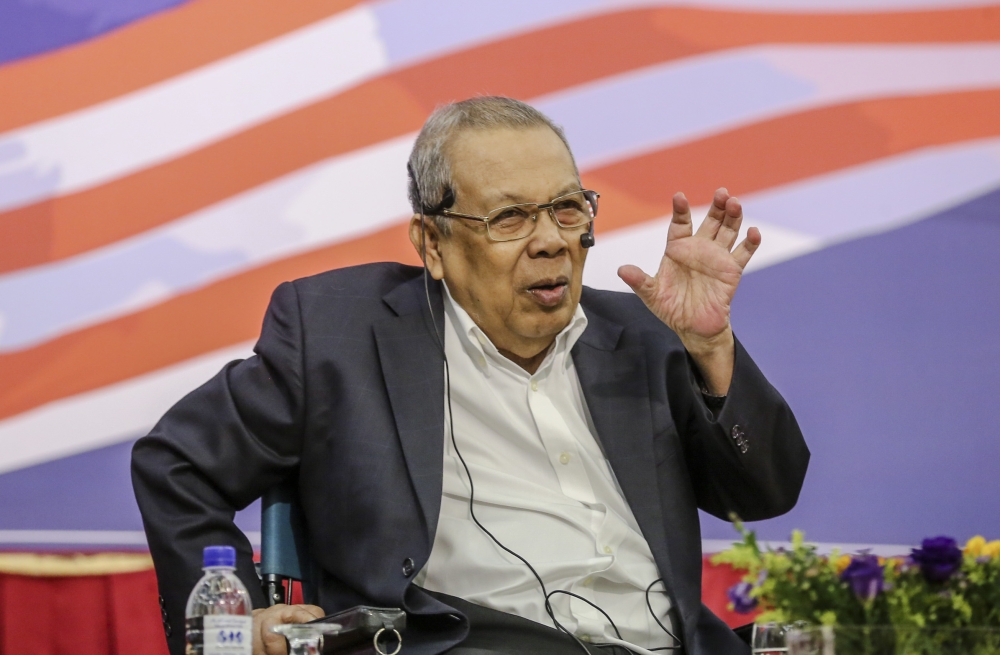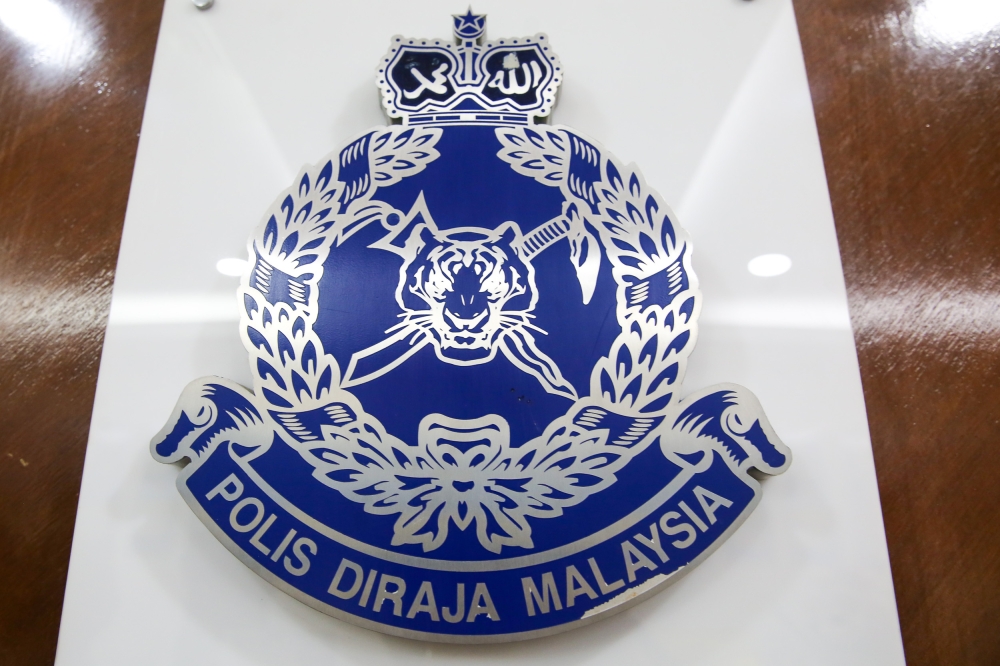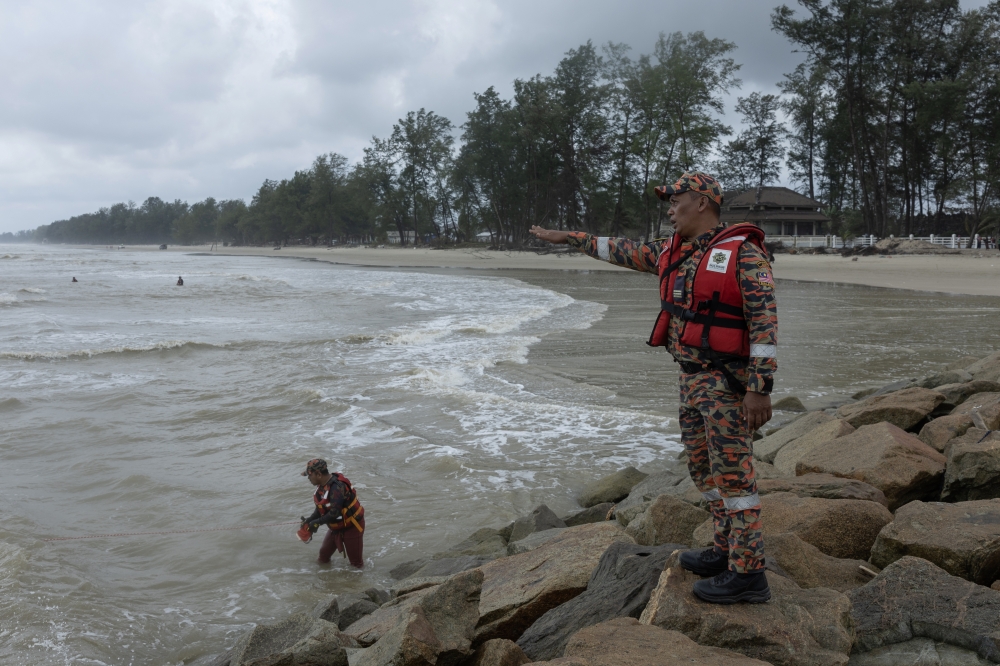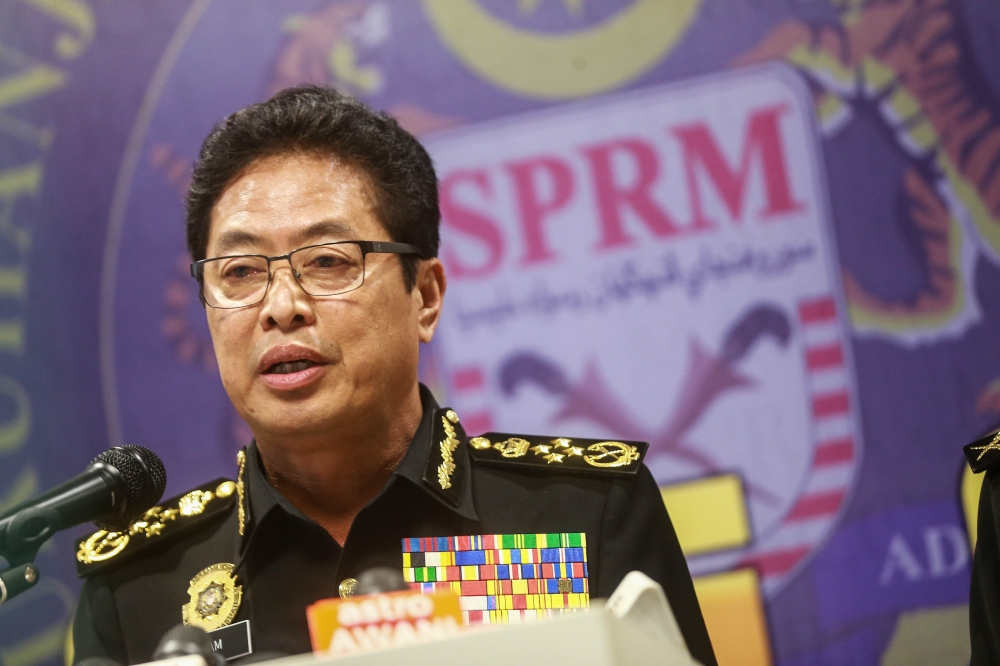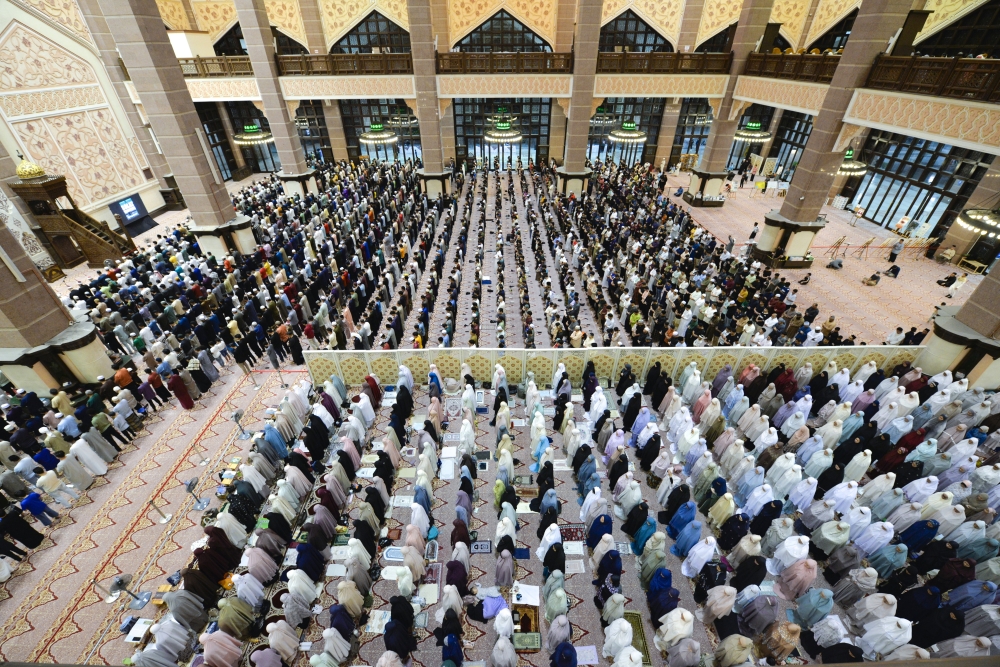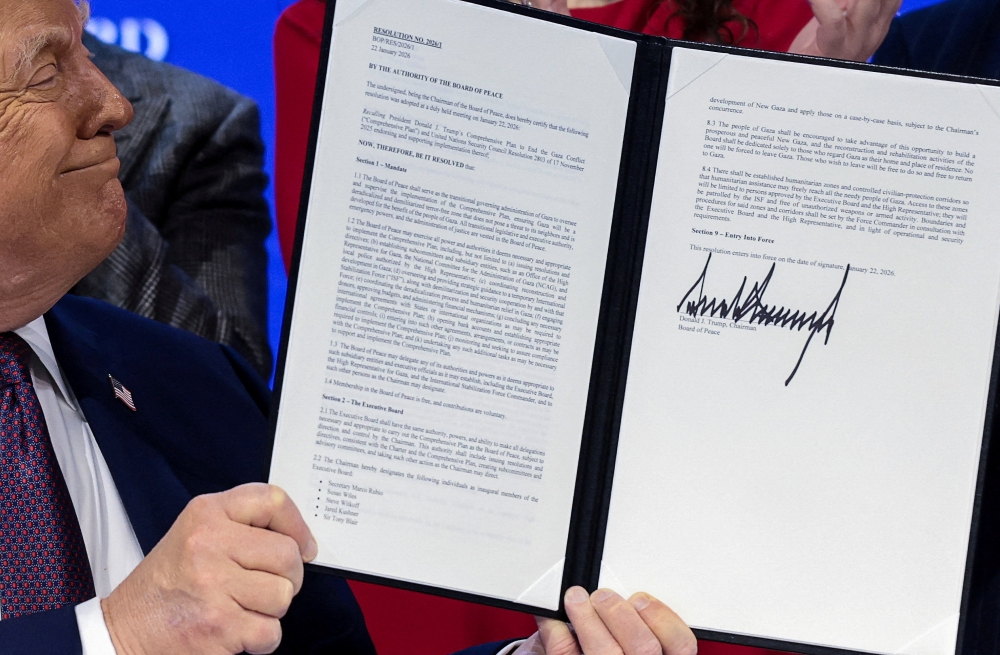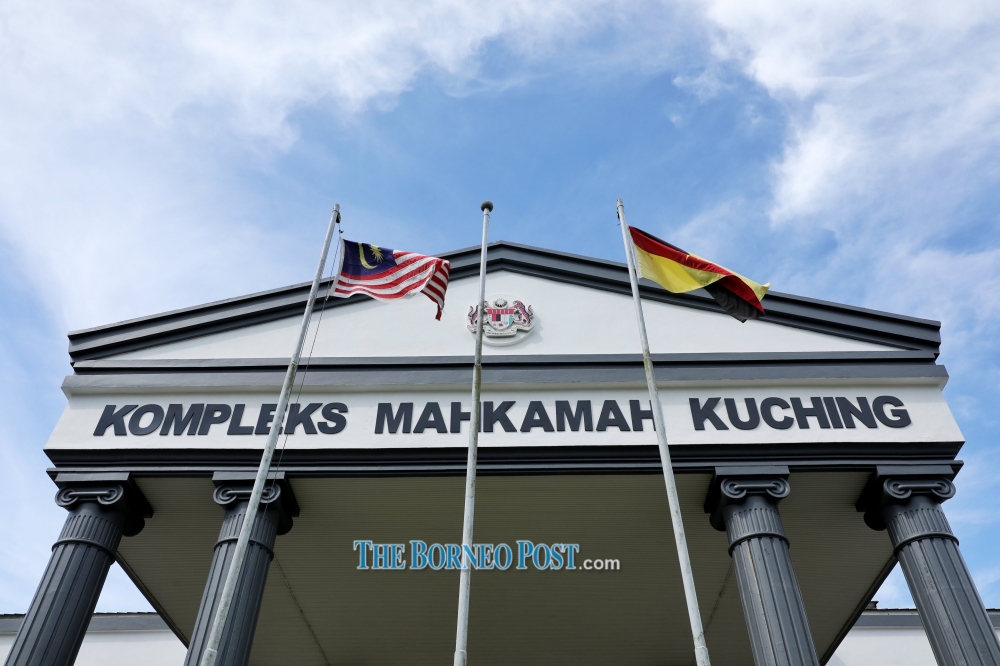FEBRUARY 18 — There is a certainty in the succession issue now with Prime Minister Tun Mahathir Mohamed openly reaffirming on February 14 that he will step down after the Asia-Pacific Economic Cooperation (Apec) summit in November.
Two days earlier on February 12, while giving a keynote address at the Peaceful Coexistence Conference organised by Institute Darul Ehsan (IDE), PKR president Datuk Seri Anwar Ibrahim had also openly said of his preparedness to wait out for another six months to allow Mahathir to pass the leadership baton to him.
Both leaders are also on the same wavelength on the need to focus on the economy which faces challenges from the perennial problem of uncertainties in the global economy and the current economic challenge brought about by the coronavirus (Covid-19) epidemic.
These developments bode well for the country as it will nip in the bud any uncertainty arising from the issue which could have detrimental effect on the political and economic developments of the country.
All other issues related to the succession issue such as forming a backdoor government, vote of confidence for the PM or vote of no confidence against the PM are mere dramas of distraction that will wither away as long as the main cast in the succession issue — there are only two: PM and the PM-in-waiting — are solidly united and committed to the succession issue.
Foreign investors and fund managers especially those with a long-term view should take note: Now that the protagonists are on the same page, be assured that the succession will take place by the end of this year and they should refrain from a wait-and-see stance when making their investment decisions in Malaysia now.
And it seems from talking to some local business leaders, they too have decided to adopt a wait-and-see stance until the uncertainly over the succession issue is settled.
It is indeed settled now and there shouldn’t be any inertia on the part of both foreign and local investors to get into the act of ensuring the economic development of the country is moving full steam.
After all, despite all the challenges facing the economy, global ratings agencies like Moody’s and Fitch attested to the economy’s solid fundamentals and the government’s commitment to institutional reforms in their recent pronouncements.
Moody’s, for instance, in its Jan 16 statement stated that Malaysia’s competitive economy, strong medium-term growth prospects and effective institutions are among the reasons behind the country’s ability to keep its sovereign credit rating high at A3 with a stable outlook.
This compares favourably against some countries that have had its sovereign credit rating downgraded recently.
Meanwhile, Fitch Ratings in its statement on January 31 said the perception of the Pakatan Harapan administration among foreign investors is particularly significant for Malaysia, as foreign-investor holdings of domestic government bonds amount to around 20 per cent of the total, albeit down from a high of 33 per cent in 2016 and less than Indonesia’s 39 per cent.
It further said foreign direct investment could also serve to support faster economic growth.
“Malaysia has potential to benefit from the ongoing relocation of export-oriented manufacturing from China. So far Malaysia’s exports, which are diversified across commodities and manufactured goods, have held up reasonably well, and GDP growth is estimated by Fitch at 4.5 per cent in 2019 and 4.3 per cent in 2020,” it said.
Although these statements of the global rating agencies were made amid the Covid-19 epidemic which is still in its early days as far as assessing its full impact on the economy is concerned, the government is very proactive in thinking about a stimulus package to help the rakyat and the economy, first broached by Finance Minister Lim Guan Eng and will be announced by Mahathir on February 20.
As for the Opposition and their political dramas, it is very wise for them to heed the call of two of their own — Umno deputy president, Datuk Mohamad Hasan who said Malaysia is the one that needs a confidence vote, and politics must take a backseat in relation to the succession issue.
Or Umno secretary-general Annuar Musa who had said in the past that in the issue of transition from the seventh to the eighth prime minister, it is Harapan’s internal affair which can be decided by its 138 MPs.
“Only if Harapan fails to achieve a consensus does the need for the Opposition bloc to take a position arises,” he added.
It’s now settled. Anwar Ibrahim has clearly said despite the alleged involvement of MPs from his party, what matters is still the official position of PKR and the Pakatan Harapan leadership.
“It's okay. The main point is the position of the party and Pakatan Harapan which supports Mahathir as the seventh prime minister and me as the eighth prime minister,” he said.
As for the politicians who want Mahathir to serve his full term as prime minister, why are they so obstinate in this when the PM himself has made his wish known in wanting to pass the leadership baton to Anwar by the end of this year.
Similarly, for those PKR leaders and members who want the transition to take place this May, why should they insist on this when their leader has agreed to wait out for another six months.
Let’s leave realpolitik out of this and let the two charismatic leaders settle it on their own including the timelines leading to the handover.
* Jamari Mohtar is director of media and communications at think tank EMIR Research.
** This is the personal opinion of the writer or publication and does not necessarily represent the views of Malay Mail.




